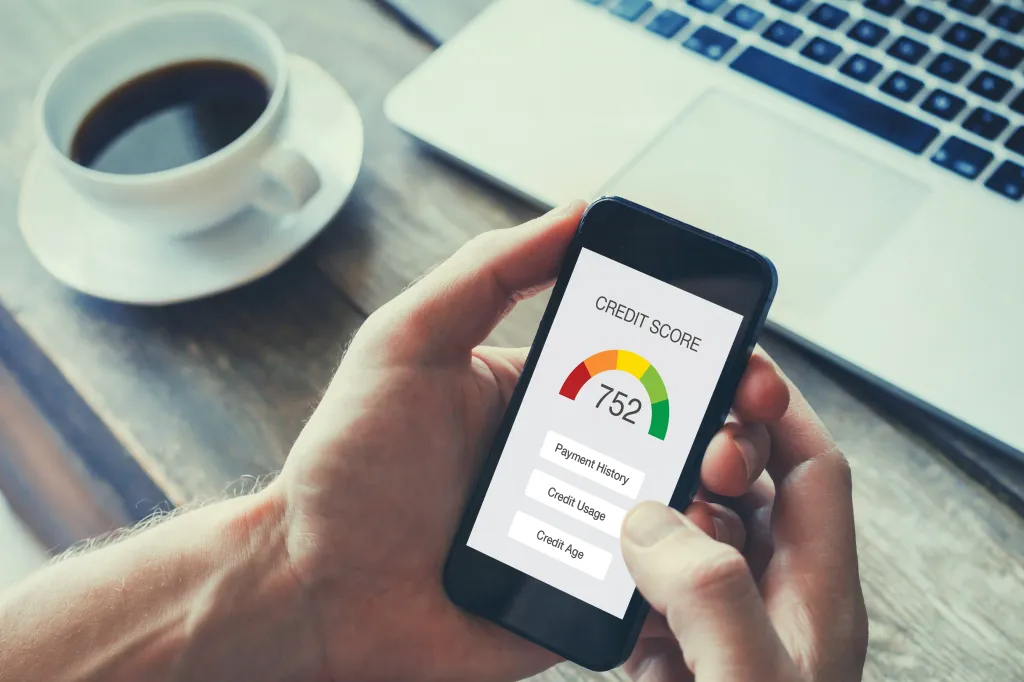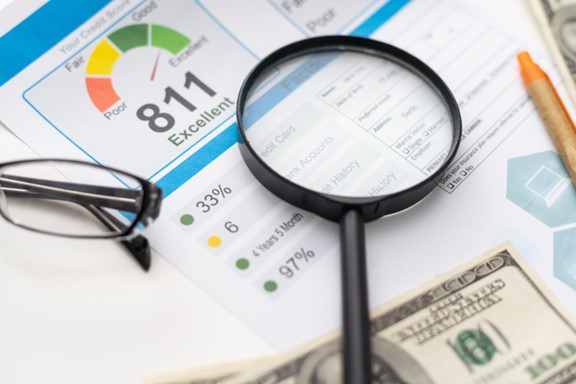Published November 14, 2018 • 3 Min Read
1. When You Buy Something with Credit, You Are Borrowing Money
Buying on credit means you are borrowing money in order to make a purchase, and you agree to repay this money at a future date. Unlike paying with your debit card, when you pay with your credit card, the money doesn’t come out of your bank account right away. Instead, you are borrowing the money from the credit card provider and are not required to make any payments until you receive your credit card bill.
It is important to remember that your credit limit is not extra income, it’s money have to pay back. A credit card is a convenient way to make purchases, but you still have to stick to your budget!
“In order to remain in good standing and avoid additional fees and penalties, you must make at least the minimum payment on your balance owing”
2. Paying the Minimum Vs. Paying the Balance in Full
Every month, you will receive a credit card statement that itemizes all of the transactions you made in the billing period. These transactions on their own may seem small, but they can add up quickly. In order to remain in good standing and avoid additional fees and penalties, you must make at least the minimum payment on your balance owing. This can range depending on how much you charged to the card. Paying the minimum payment will help you build good credit history, but you will still be charged interest on the remaining balance.
If you don’t pay your credit card balance in full by its due date, you will be charged interest on the remaining balance until it is paid off. If you incur interest and fees for carrying a balance, the things you buy with your credit card can end up costing you much more than their original purchase price.
If you can use credit cards responsibly, you will be able to enjoy the many benefits they offer that can be useful to you as a student including:
-
Convenience and security when making online purchases
-
A way to build your credit history and earn a good credit score
-
Loyalty rewards, such as cash back or rewards points
-
Other benefits included with the card like purchase protection, extended warranty, or travel insurance
However, it’s important to remember a few key facts when it comes to using a credit card:
-
You can’t get your own credit card until you’ve reached the age of majority
-
Your credit card will have a pre-determined credit limit, which is best kept low when you are on a student budget
-
In addition to the interest rate charges, there may be an annual fee for the card, as well as fees and penalties for late or missed payments
-
It’s important to read the fine print to understand the card’s terms and conditions
Ultimately only you can decide whether it’s the right time for you to get a credit card. If you feel like you can be disciplined about using it only for planned purchases or emergencies, a credit card will be useful to you as a student. However, if you think you’ll be tempted to overspend, you might want to think twice before you fill out that application.
This article is intended as general information only and is not to be relied upon as constituting legal, financial or other professional advice. A professional advisor should be consulted regarding your specific situation. Information presented is believed to be factual and up-to-date but we do not guarantee its accuracy and it should not be regarded as a complete analysis of the subjects discussed. All expressions of opinion reflect the judgment of the authors as of the date of publication and are subject to change. No endorsement of any third parties or their advice, opinions, information, products or services is expressly given or implied by Royal Bank of Canada or any of its affiliates.
Share This Article






